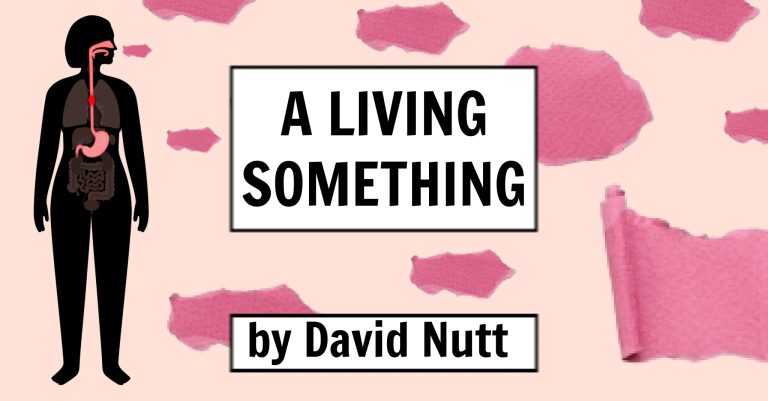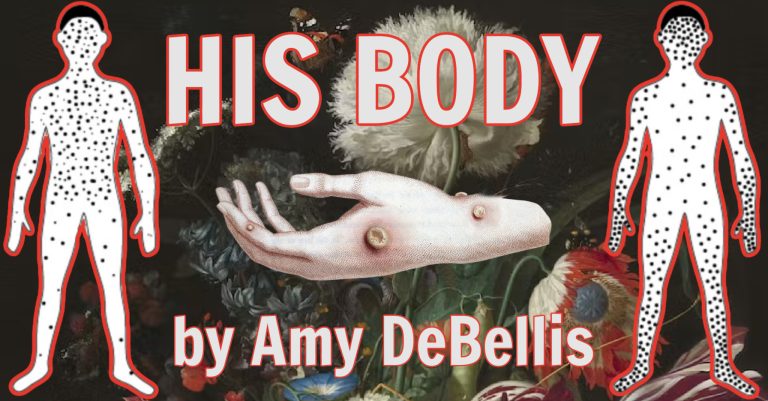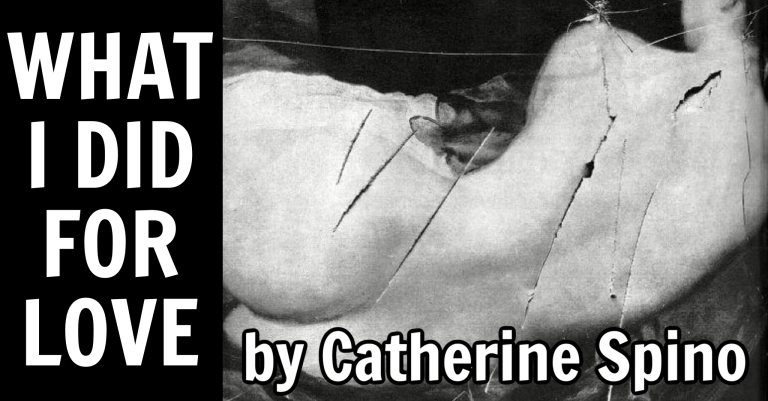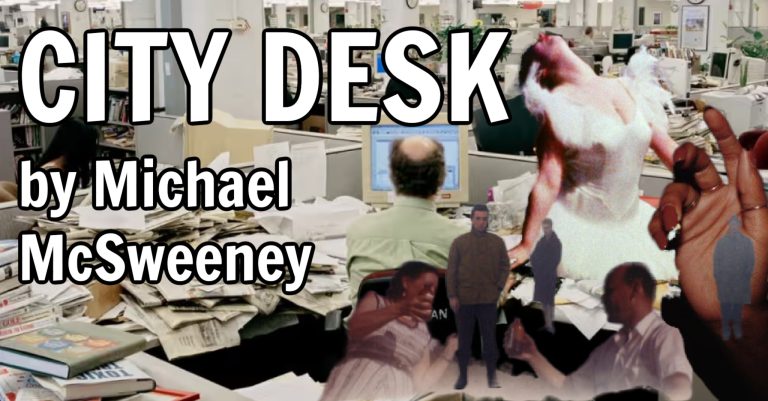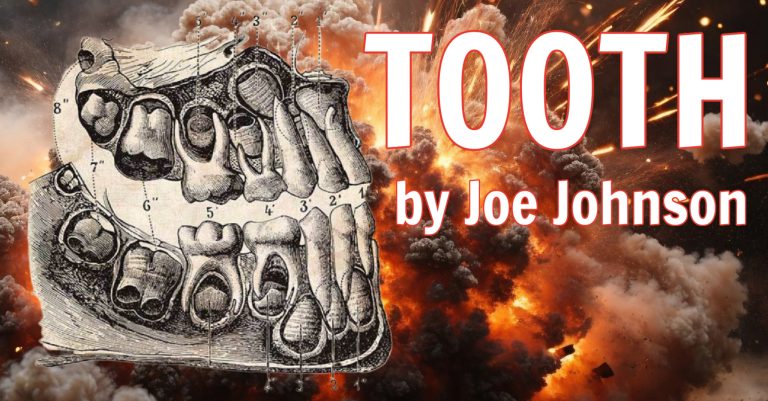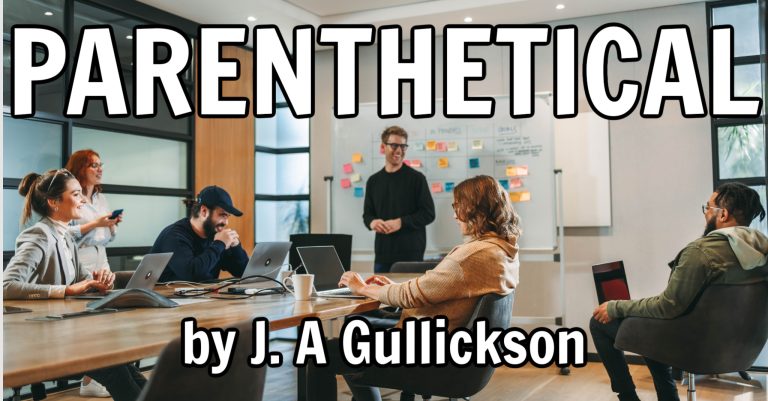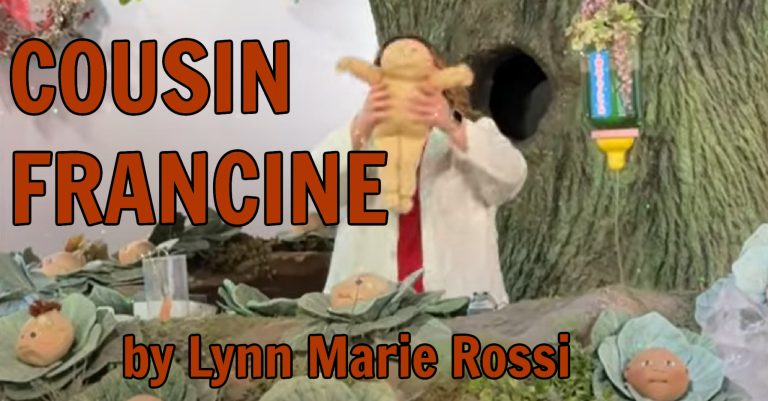
THE LAST GREAT NORTH AMERICAN HOCKEY TEAM by Eric Subpar
I awake on a Saturday. It is my birthday. All my friends are here. My wife is telling me about the preseason. Kevin is still coming. Don’t blow out the candles until Kevin arrives. I won’t, dear. Her father tells me about the Los Angeles Kings. I unwrap a Los Angeles Kings jersey. I’m a fan of the L.A Kings. My son asks if we can throw the puck around a bit outside after the party. That’d be great, son. My wife’s father asks me about the roster. Think we got a shot this year? That rookie’s a phenom. Sure

